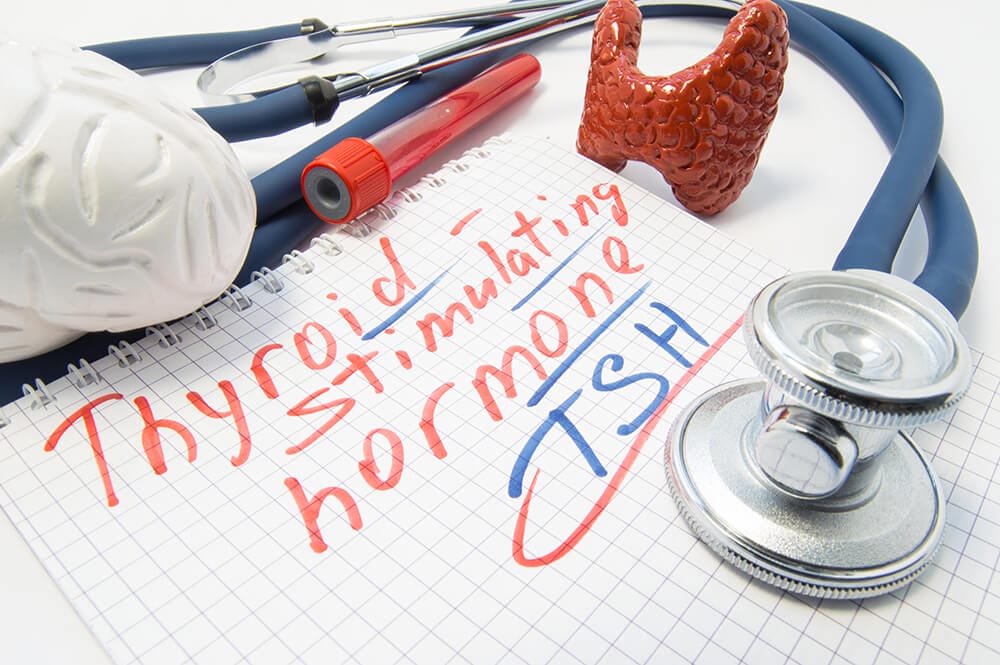Have you ever experienced that unsettling sensation of waking up from a nap only to find yourself trembling or shaking? It’s not uncommon, and it can leave you feeling confused and worried. This article will explore the reasons behind this phenomenon and provide insights into how to prevent or manage it.
Understanding the Shaking Phenomenon
The Nap Shakes – A Common Occurrence
Shaking or trembling when a wake up shaking from a nap is a common occurrence that affects many people. It’s usually a temporary sensation that subsides quickly but can be quite unsettling. Let’s delve into some of the most common causes of this phenomenon.
Stress and Anxiety
One of the primary culprits behind a wake up shaking after a nap is stress and anxiety. When stressed or anxious, your body releases stress hormones like adrenaline, leading to muscle tension and shaking. This tension may persist even when you’re asleep, causing you to wake up feeling shaky.
Sleep Inertia
Sleep inertia refers to the dizzy, disoriented feeling often accompanying wake up shaking from a nap. During this transitional period, your body is still adjusting to being awake. The muscles may take time to regain their normal tone, leading to temporary shaking or trembling.
Low Blood Sugar
Low blood sugar levels, known as hypoglycemia, can trigger shakiness upon waking from a nap. This is especially common if you last ate a while ago before napping. When your blood sugar drops too low, your body can tremble and shake as it tries to regulate glucose levels.
Dehydration
Dehydration can significantly impact your body, and it can even manifest in the form of shaking when you wake up from a nap. Inadequate fluid intake can cause your muscles to contract and spasm, leading to tremors.
Solutions to Prevent Shaking After Naps
Now that we’ve explored some common causes of shaking after waking from a nap let’s discuss effective solutions to prevent or minimize this unsettling experience.
Manage Stress and Anxiety
If stress and anxiety contribute to your shaky wake-ups, finding ways to manage these emotions is essential. Consider practicing relaxation techniques such as deep breathing, meditation, or yoga. Engaging in regular physical activity can also help reduce stress levels.
Gradual Awakening
To combat sleep inertia, try to wake up gradually. Instead of jumping out of bed, take a few moments to stretch and become aware of your surroundings. This can help your muscles adjust more smoothly and reduce the chances of shaking.
Maintain Stable Blood Sugar Levels
To prevent low blood sugar-related shaking, have a balanced diet with regular meals and snacks. Opt for complex carbohydrates and avoid excessive sugary foods, as they can lead to rapid blood sugar fluctuations.
Stay Hydrated
Dehydration can easily be prevented by drinking adequate water throughout the day. Aim to consume at least eight glasses of water daily and avoid excessive caffeine or alcohol intake, as they can contribute to dehydration. submit your article.
Create a Comfortable Sleep Environment
Ensure that your nap environment is conducive to quality sleep. This includes having a comfortable mattress and pillow and controlling factors like room temperature and noise. A peaceful sleep environment can reduce the likelihood of waking up shaky.
FAQs:
1. Why do I shake when I wake up from a nap?
- Shaking after a nap can be attributed to various factors, including stress, sleep inertia, low blood sugar, and dehydration. Understanding the specific cause in your case can help you address the issue more effectively.
2. Is it normal to experience sleep inertia after a nap?
- Yes, sleep inertia is common after waking up from a nap. It results from your body transitioning from sleep to wakefulness and typically subsides within a few minutes.
3. Can dehydration cause shaking after a nap?
- Yes, dehydration can lead to muscle contractions and spasms, which can manifest as shaking when waking up. Ensuring proper hydration throughout the day can help prevent this.
4. Are there any medical conditions that can cause shaking after napping?
- While most shaking cases after naps are benign and related to lifestyle factors, certain medical conditions like Parkinson’s disease or essential tremor can also cause similar symptoms. If shaking persists or worsens, it’s advisable to consult a healthcare professional.
5. How can I minimize the chances of waking up shaky after a nap?
- To minimize the chances of shaking after a nap, focus on managing stress, waking up gradually, maintaining stable blood sugar levels, staying hydrated, and creating a comfortable sleep environment. These strategies can help you wake up feeling more refreshed and relaxed.
Conclusion
Waking up shaky after a nap can be disconcerting, but it’s often a temporary and manageable issue. By understanding the potential causes and implementing the suggested solutions, you can reduce the likelihood of experiencing this sensation and enjoy more restful naps. If the problem persists or worsens, don’t hesitate to seek advice from a healthcare professional to rule out any underlying medical conditions. Remember, a good nap should leave you feeling refreshed and rejuvenated, not shaky and uneasy.







